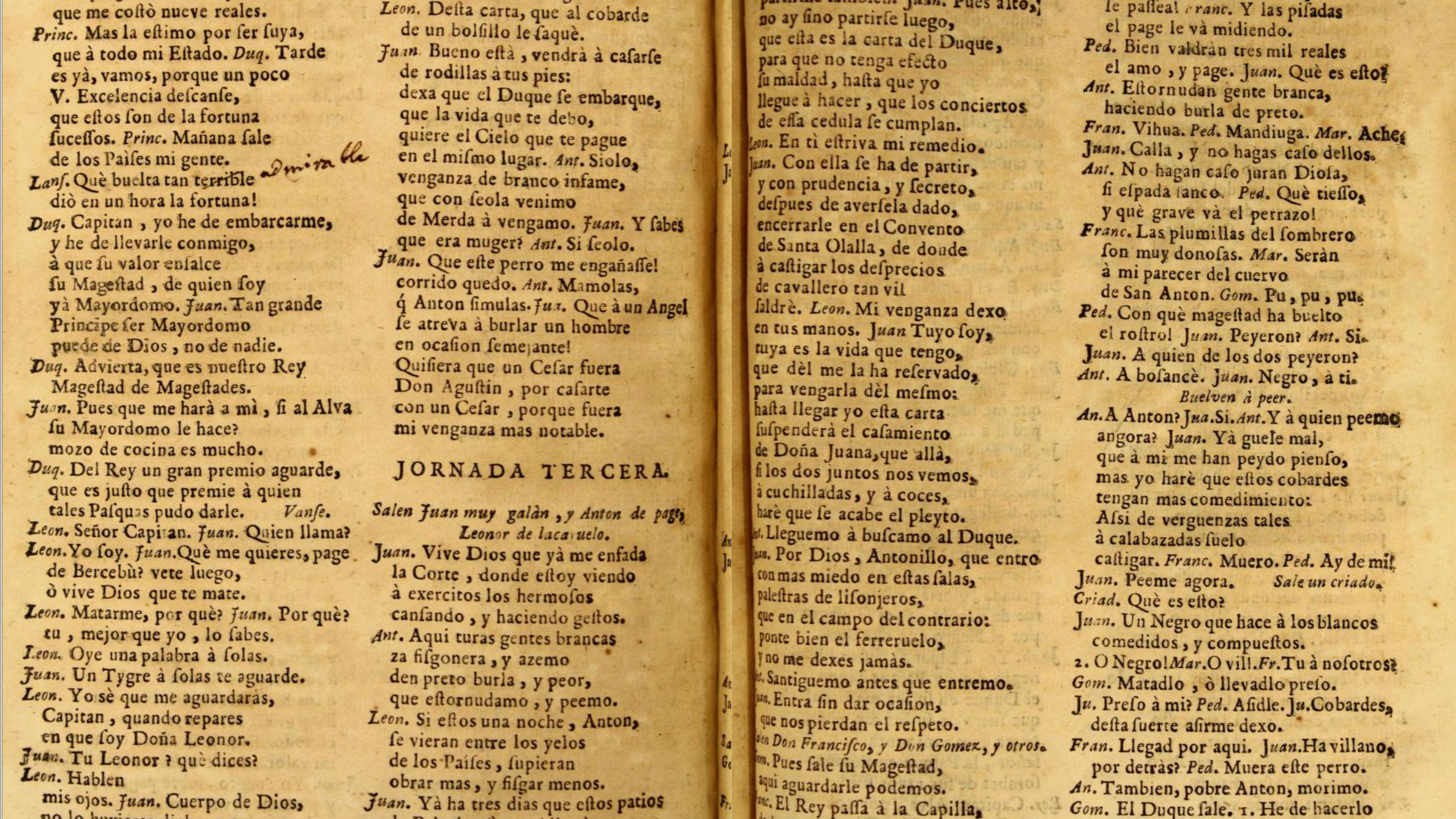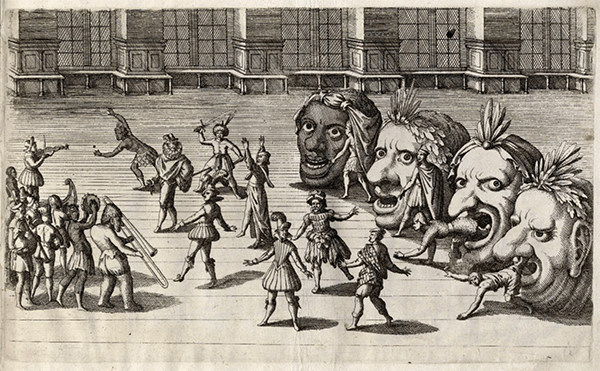Dadabhoy, Ambereen. "Islam and the West." Throughlines. www.throughlines.org/suite-content/islam-and-the-west. [Date accessed].

Ambereen Dadabhoy
Harvey Mudd College
The supposed supremacy of “Western” civilization is a fiction that has its roots in the premodern past. A major requirement of the development of this narrative is an intentional severance of the “West” from the culture and influence of the “East.” The east, in this construct, is being represented by Islam and Muslim people. Guiding students through early modern texts reveals the entangled relationship between Christian Europe and Muslim culture and can help our students understand how the fictions we live with today were developed and maintained.


.jpg)





